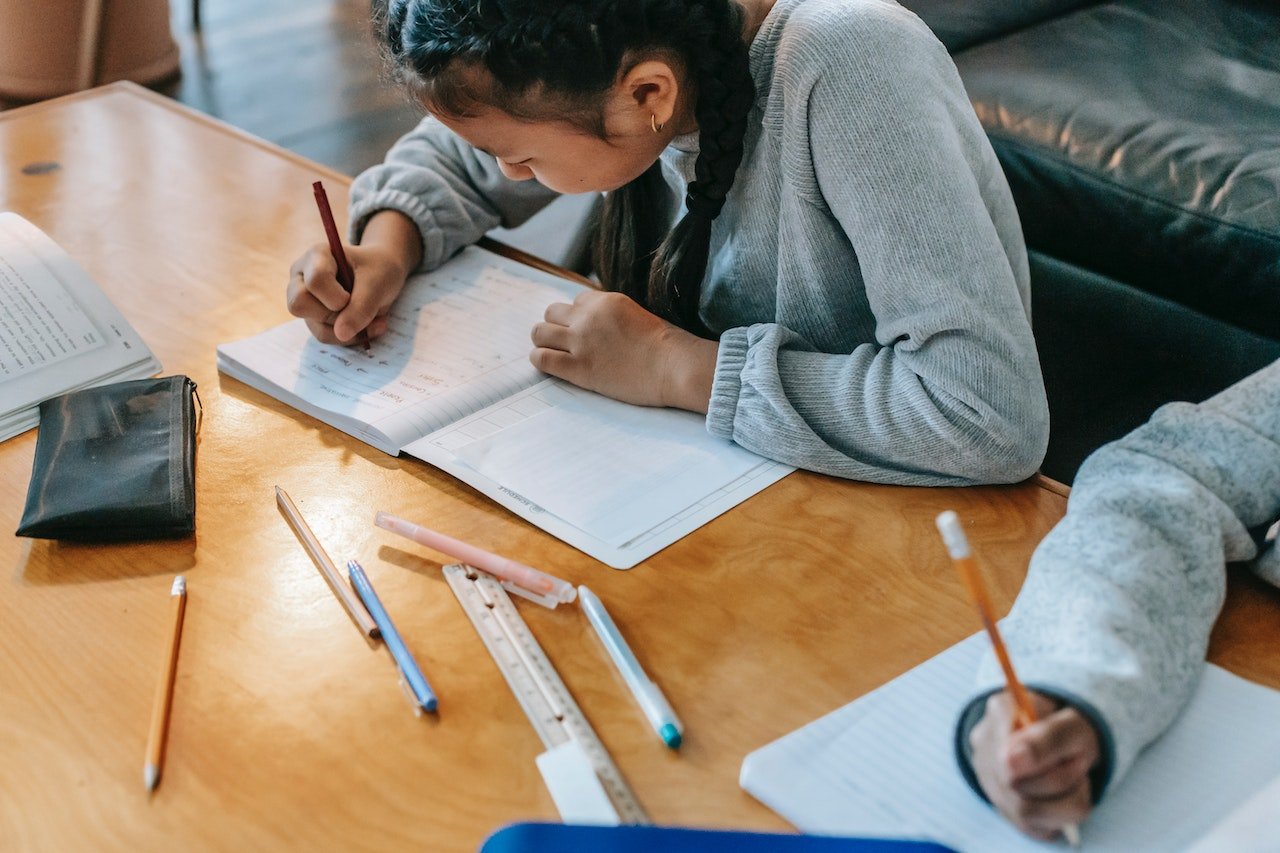13 Ways to Improve Your Student’s Focus and Concentration

Improving a student’s focus and concentration is a key objective for both educators and parents. In today’s fast-paced world filled with numerous distractions, helping students develop these essential skills is crucial for their academic success and overall well-being. In this guide, we will explore effective strategies and techniques that can be employed to enhance a student’s ability to concentrate on their studies, ultimately leading to improved learning outcomes.
Student’s Focus and Concentration
In an era where information is constantly at our fingertips, the challenge of maintaining focus has become more significant than ever. Distractions from smartphones, social media, and a myriad of other sources can derail a student’s ability to stay engaged with their studies. However, by implementing targeted methods and creating conducive learning environments, we can empower students to develop stronger focus and concentration skills, enabling them to thrive in their educational journey.
Understanding the Importance of Focus
Before we delve into the strategies, it’s essential to understand why focus and concentration are vital for students. Improved focus leads to better retention of information, increased productivity, and ultimately, higher academic achievements. Let’s get started on the journey to sharpen your student’s concentration skills.
Read More: Want Mastery? Let Students Find Their Own Way
Active Learning Strategies
Engage in Discussions
Student’s Focus and Concentration: Promote class discussions and debates. Active participation keeps students engaged and sharpens their focus on the topic at hand.
Incorporate Visual Aids
Visual aids, such as diagrams and infographics, can make complex topics more understandable and captivating, thus enhancing concentration.
Gamify Learning
Gamification can be an exciting way to boost concentration. Use educational games and quizzes to make learning more enjoyable.
Lifestyle and Health Tips
Promote Healthy Eating
Student’s Focus and Concentration: A well-balanced diet rich in nutrients can improve brain function and concentration. Encourage your students to eat foods like fish, nuts, and leafy greens.
Regular Exercise
Physical activity is linked to cognitive improvements. Encourage your students to incorporate regular exercise into their routines for better focus.
Sufficient Sleep
Adequate sleep is crucial for concentration and memory retention. Ensure your students get the recommended 7-9 hours of sleep per night.
Technological Assistance
Use Focus Apps
Student’s Focus and Concentration: There are various apps designed to help students concentrate better by blocking distracting websites or providing focus-enhancing music.
Digital Detox
Teach your students the importance of taking breaks from screens. Excessive screen time can lead to reduced concentration; periodic digital detox is essential.
Create a Dedicated Study Space
One of the most effective ways to improve focus is to establish a dedicated study environment. Ensure it’s quiet, well-lit, and free from distractions. Having a consistent place to study helps signal to the brain that it’s time to concentrate.
Set Clear Goals
Setting clear academic goals provides students with a sense of purpose. When they know what they’re working towards, they are more likely to stay focused on their studies.
Prioritize Tasks
Teach your students to prioritize tasks by importance and deadline. This helps in managing their time effectively and ensures they focus on what truly matters.
Time Management
Student’s Focus and Concentration: Time management is a vital skill. Encourage students to use techniques like the Pomodoro method, which involves working for focused intervals followed by short breaks.
Take Short Breaks
Short breaks between study sessions can rejuvenate the mind and improve overall concentration. Use these breaks to stretch, hydrate, or even do a quick breathing exercise.
Stay Hydrated and Eat Healthily
Student’s Focus and Concentration: Proper nutrition and hydration play a significant role in cognitive function. Encourage your students to eat brain-boosting foods and drink plenty of water.
Get Adequate Sleep
Lack of sleep can greatly impair focus. Ensure your students get enough restful sleep each night to recharge their brains.
Regular Exercise
Student’s Focus and Concentration: Physical activity is not only good for the body but also for the mind. Regular exercise can enhance cognitive function and concentration.
Minimize Distractions
Help students identify common distractions and find ways to minimize them. This may involve turning off notifications on their devices or finding a quieter place to study.
Practice Mindfulness
Student’s Focus and Concentration: Mindfulness techniques, such as meditation and deep breathing, can help students stay present and reduce anxiety, leading to improved focus.
Use Technology Wisely
While technology can be a distraction, it can also be a powerful tool for learning. Teach students to use technology in ways that enhance their studies, such as using educational apps and tools.
Seek Help When Needed
Student’s Focus and Concentration: If a student is struggling with focus and concentration despite their best efforts, it’s essential to seek help. Consider consulting a teacher, counselor, or healthcare professional to address any underlying issues.
Read More: 5 Best Ways to Boost Your Brain Power While Studying
Conclusion
In conclusion, enhancing a student’s focus and concentration is crucial for academic success and personal development. By implementing a combination of effective strategies, such as establishing routines, providing a conducive study environment, and promoting healthy habits, we can create an optimal learning environment.
Encouraging mindfulness, setting clear goals, and incorporating interests into the learning process further contribute to sustained attention and improved cognitive functions. Additionally, maintaining open communication with the student about their progress and challenges fosters a supportive learning partnership.
Remember, every student is unique, so it’s important to observe and adapt these techniques to cater to individual needs and preferences. By prioritizing these methods, we empower students to unlock their full potential and excel in their academic pursuits.
FAQs
1. What age group can benefit from these focus and concentration tips?
These tips are applicable to students of all ages, from elementary school to college.
2. How long should the study intervals be when using the Pomodoro method?
Typically, the Pomodoro method involves 25-minute work intervals followed by 5-minute breaks.
3. Are there any specific foods that can boost concentration?
Foods rich in omega-3 fatty acids, antioxidants, and vitamins, such as fish, berries, and leafy greens, can enhance concentration.
4. Is it necessary to have a completely quiet study environment?
While complete silence can be helpful for some, a low-level background noise, like instrumental music, can aid concentration for others.
5. When should students consider professional help for concentration issues?
If concentration problems persist despite trying various strategies, it’s advisable to seek guidance from a teacher or healthcare professional.







